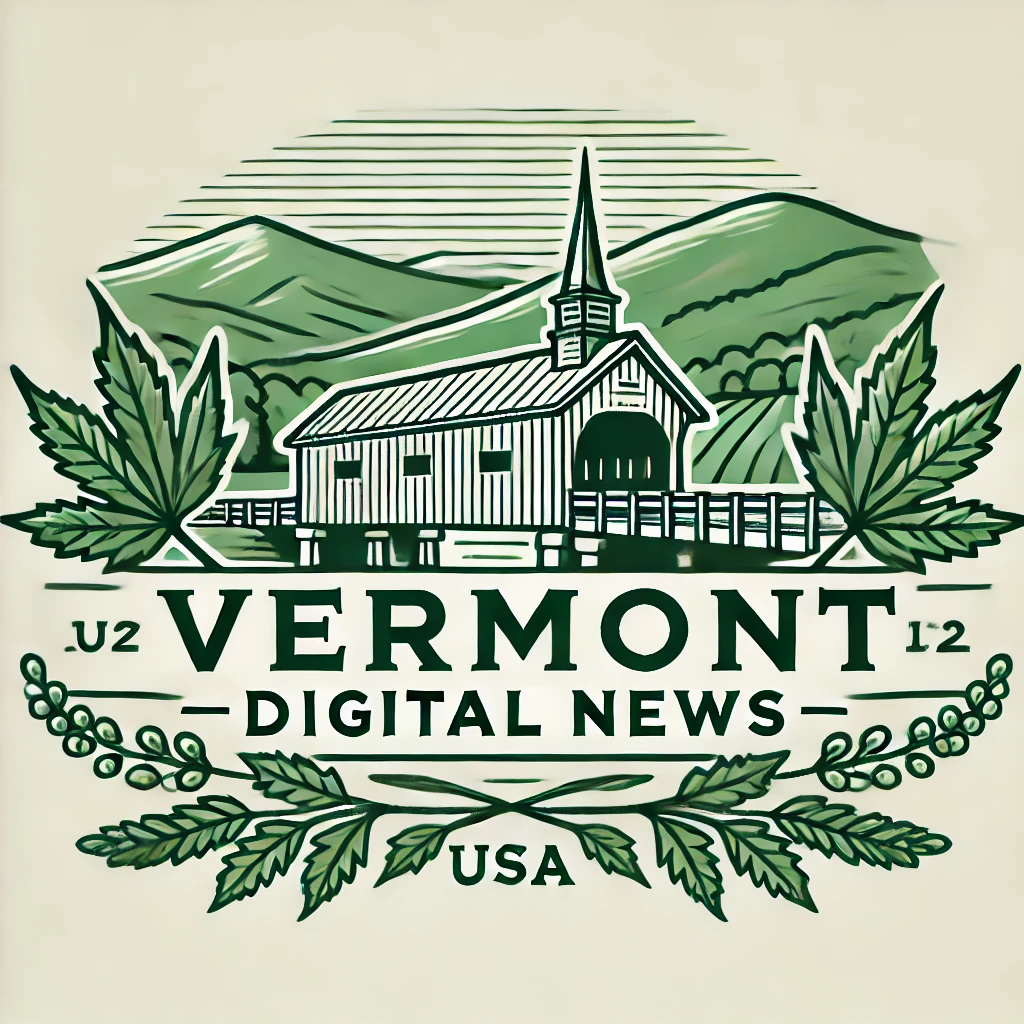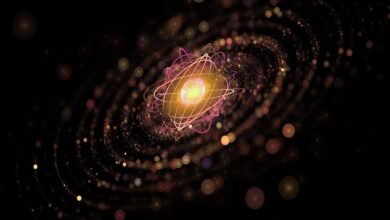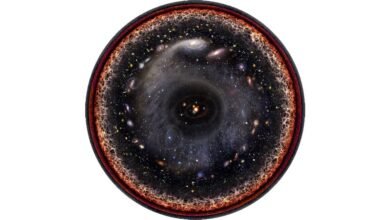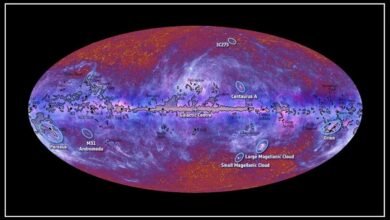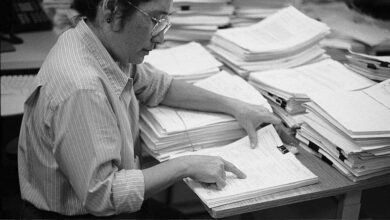Ask Ethan: What’s the deal with cosmic inflation and the Big Bang? | by Ethan Siegel | Starts With A Bang! | Nov, 2024

Almost everyone asserts that the Big Bang was the beginning of everything, followed by inflation. Has everyone gotten the order wrong?
At the start of the 20th century, difficult as it is to believe, we knew almost nothing about the Universe. Sure, we knew about nearby, bright stars, as well as fainter, more distant ones and an ever-growing number of nebulae in the night sky. But all of the stars we knew of were within our Milky Way, and many assumed that all of the nebulae were as well. The Milky Way itself was only known to be a few thousand light-years in size, and whether the spiral and elliptical nebulae we saw were within our own galaxy or not was not yet decided. Ideas like General Relativity, the expanding Universe, and the Big Bang had not yet even been concocted by humanity.
Discovering the suite of evidence that would lead us to those revelations, including measuring the distances to extragalactic objects, discovering the redshift-distance relation, and finding the “smoking gun” evidence in support of the Big Bang — the cosmic microwave background — were among the greatest scientific achievements of the 20th century. But today, the Big Bang is no longer seen as the beginning it once was, and many scientists…
